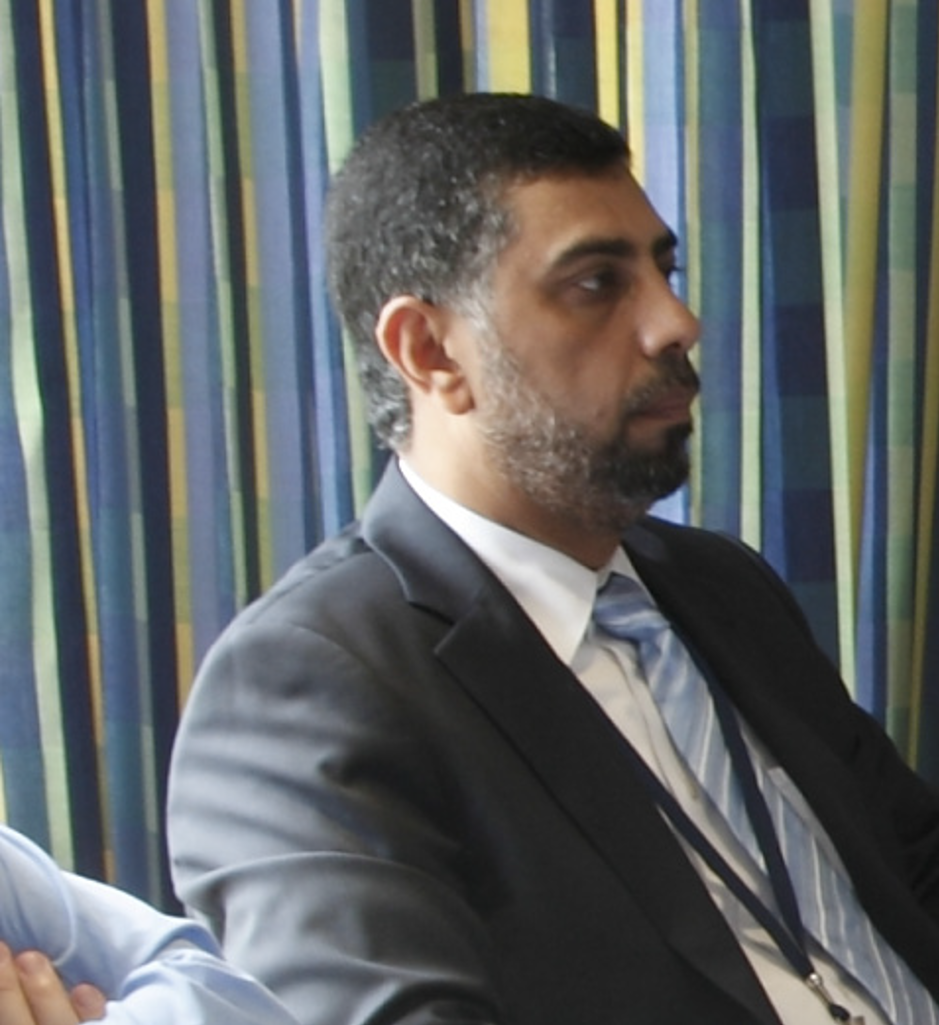Rapid economic growth in the GCC countries has led to large and variant financing needs, which in turn meet a relatively underdeveloped financial sector. It is characterized by a lack of bond and derivative markets, difficult access of small and middle enterprises (SMEs) to credit, a dominance of international banks in the project finance market and heavily concentrated equity markets in terms of sectors and ownership. The aim of this workshop is to analyze the different segments of the GCC financial markets and assess their future development prospects. Additionally, it takes a look at the foreign investments of the GCC countries and their petrodollar recycling via sovereign wealth funds. Special emphasis is laid on the reaction of GCC monetary authorities to the global financial crisis and the policy options they face as they are planning for a GCC monetary union.
3 DAYS / 10 Workshops
MORE THAN 200 ACADEMIC PAPERS
Economic Development and Increased Need for Finance
Based on high oil prices and a more diversified economic structure, the countries of the Gulf Cooperation Council (GCC: Saudi Arabia, UAE, Kuwait, Qatar, Bahrain and Oman) currently witness one of the highest GDP growth rates worldwide with a concomitant development of domestic financial markets. A growing population has caused a boom in local real estate and consumer markets and multibillion infrastructure investments are needed. From oil up- and downstream projects to heavy industries, transport, power plants, water desalination and waste treatment there is hardly a sector that does not require an increased amount of financing, financial services and insurance.
Underdeveloped GCC Capital Markets
The increased need for finance meets underdeveloped capital market in the GCC. While world capital markets show on average a balanced capital structure of 36 percent debt securities, 26 percent stock market capitalization and 38 percent bank assets, the MENA’s balance is heavily skewed towards bank assets (57 percent) with a strong stock market component (37 percent). Debt securities still play a minor role with only 6 percent (see graph). In the GCC, the percentage of corporate bonds issued in comparison to GDP equaled 3.2 percent in 2007. In the US, the ratio was 112 per cent and in China, it was 10 percent. An increase of the relative importance of bond markets in the overall capital structure of the GCC and other MENA countries is certainly warranted. It could lead to better capital access, efficiency gains and improved price discovery and risk assessment. Derivatives have fallen from grace in the wake of the global financial crisis, still the nearly complete lack of derivative markets in the GCC could be a disadvantage which needs to be carefully assessed.

